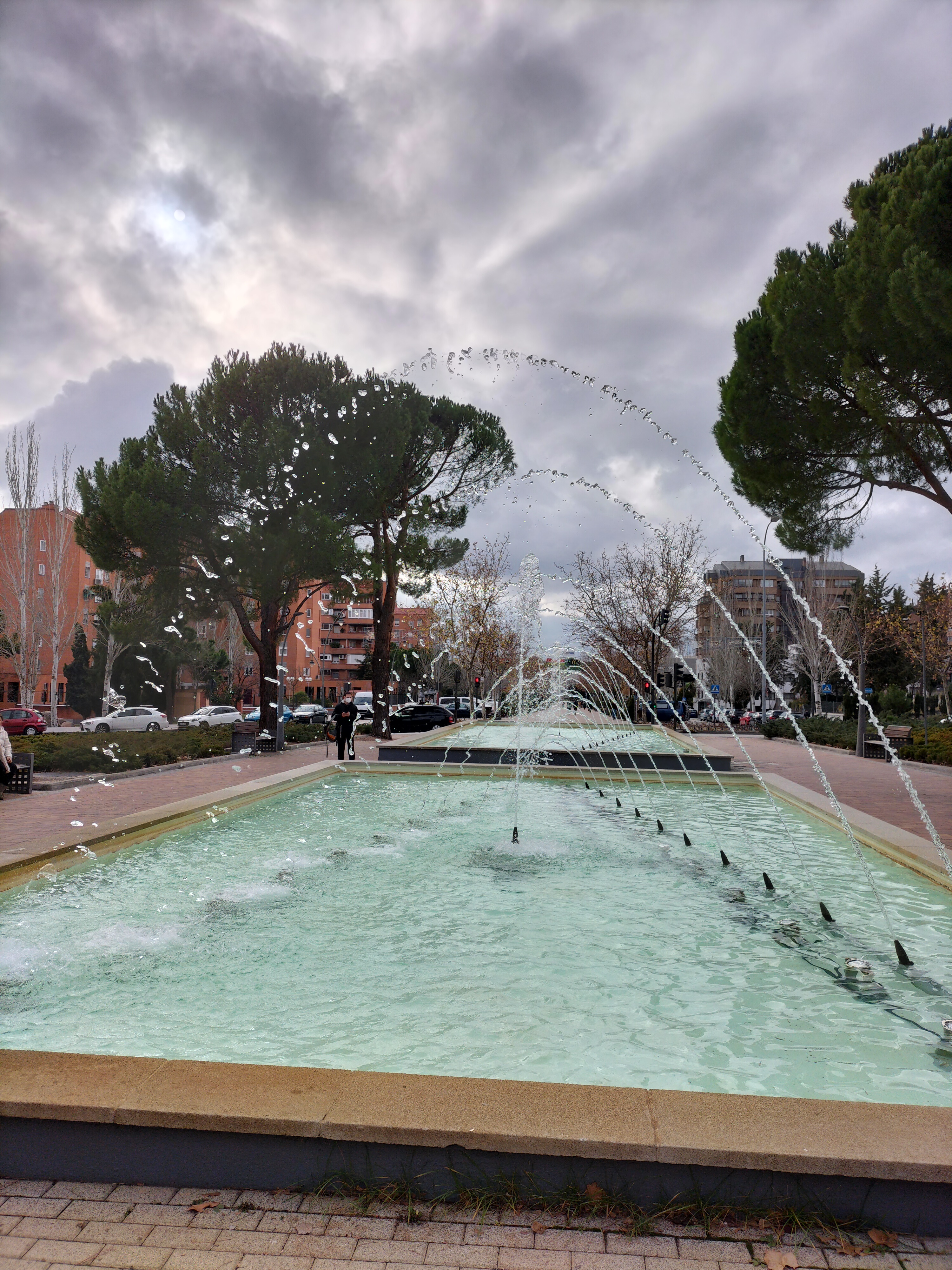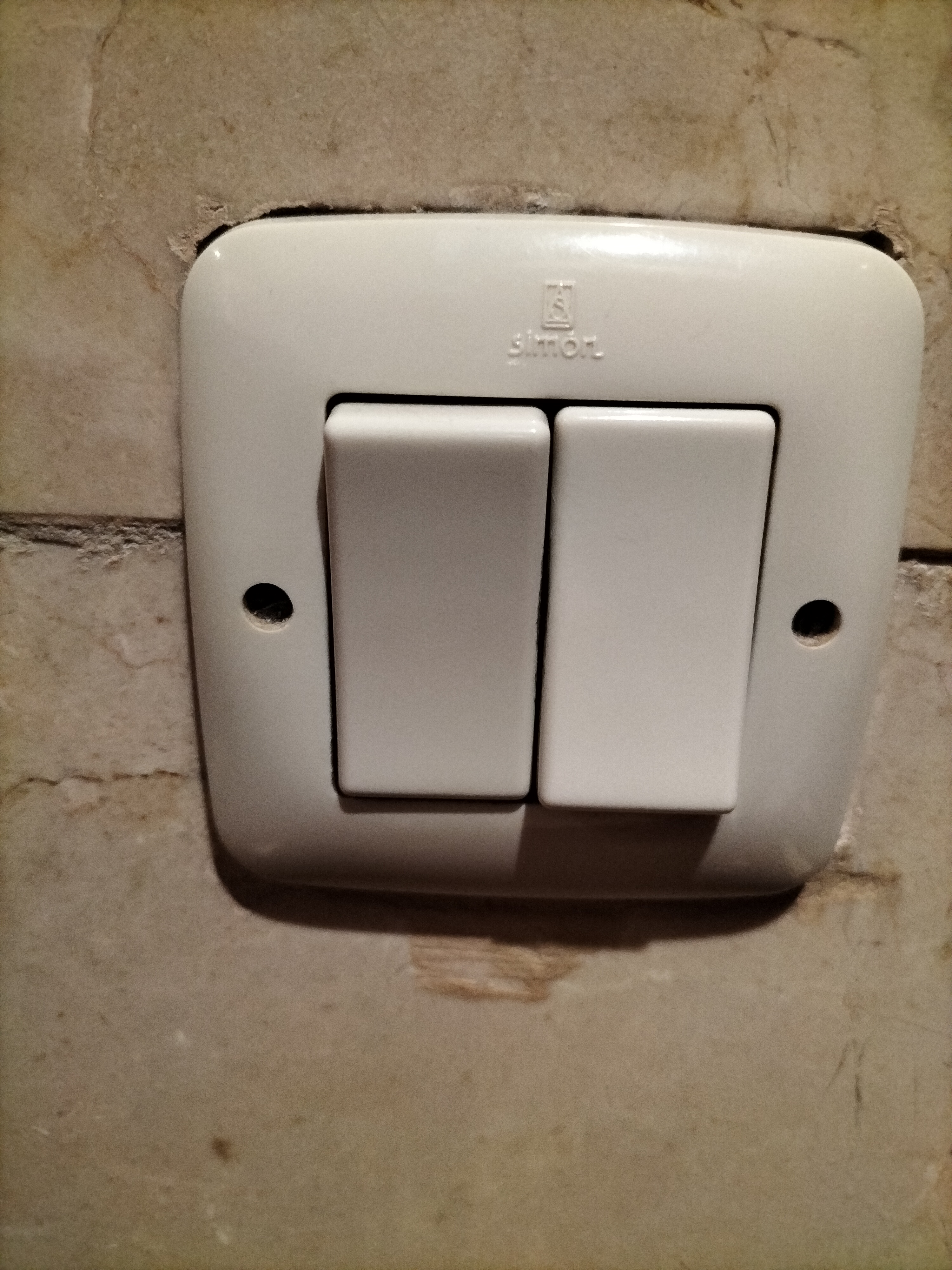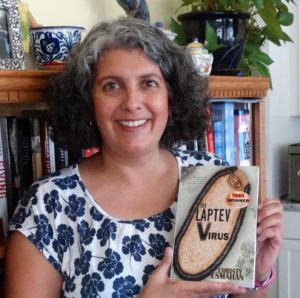One of the sillier reasons I love living in Spain is that the Día de los Santos Inocentes (“Day of the Innocent Saints”) which is the equivalent of April Fool’s Day, falls on December 28th. The roots of this celebration go back to biblical times, and even Pagan traditions, and this day is celebrated not only in Spain, but Latin America as well.
As we do on April Fool’s Day in the US, in Spain this is a day of pranks and tricks which can be perpetrated by anyone, from the news media to your mother or best friend. And when someone succumbs to the joke, the prankster says “Santo Inocente!”
In a few small towns in different parts of the country, the festivities include dances with silly costumes and other merry-making. But here in Madrid, especially with Covid numbers going through the roof, today has been pretty quiet.

Still, thinking about this day reminded me of some of the times my American mind can get fooled with everyday things in Spain. Take light switches, for example. I’m not talking about the kind that toggle, where you have two switches for the same light at different ends of the hallway or stairwell. No, I’m talking about the simple ones that are one switch for one light. If you have two switches (for two different lights) and you see them in this configuration, where the left switch is down and the right one is up, and you want to shut off the one light that is on, which switch would you press?

To my American-trained brain, the split-second look at the switches seems to indicate that the right-hand switch is the one that’s on, since it is up, and the left-hand one is off. But, no, in Spain, light switches are switched down for on and up for off. Santo Inocente!
Or think about a pill-box where the days of the week are indicated with only the first letter of their name. How do we deal with the fact that Saturday and Sunday start with the same letter? We separate them, having one S at the beginning and the next S at the end. There’s also a problem with Tuesday and Thursday both starting with T. When I was in college, my university used the letter “R” for Thursday on our class schedules, so this got me used to seeing a different letter to mean one of those mid-weekdays.
In Spanish, the days that repeat letters are martes and miércoles (Tuesday and Wednesday). So, the system they use is to place an “X” for the second one.

In this case, there’s no relation between the word miércoles and the letter X, but my brain quickly adjusted to having a strange mid-weekday symbol. Except, I’m used to the strange day being a Thursday, so every time I get to Wednesday on my pill-box, I have an instant of surprise: It’s Thursday already? But after a second, I process that the J means jueves, which is Thursday, so the X is really Wednesday. Santo Inocente!
Another example is Friday the 13th. In Spain it’s not a day of foreboding, but Tuesday the 13th is. The saying goes, “Martes y 13, ni te cases ni te embarques.” (On Tuesday the 13th, don’t get married or board a vessel.” And in a broader sense, the feeling is you shouldn’t start any huge personal projects or begin a long trip on that day.
It’s just a superstition, and I haven’t really found anyone who truly pays it any mind. Certainly, the planes and trains all work on Tuesday the 13th just as they do on Friday the 13th. But I was surprised when I first moved to Spain, over 30 years ago, that my classmates would ask, “Why are the horror movies all set Friday the 13th? That isn’t the scary day!”
Santo Inocente!
In any case, I hope you enjoy the day, and here’s wishing you a wonderful start to the New Year 2022. May it be the best year yet!!
All the best, and as always, please check out (and tell someone about) my novels here.


